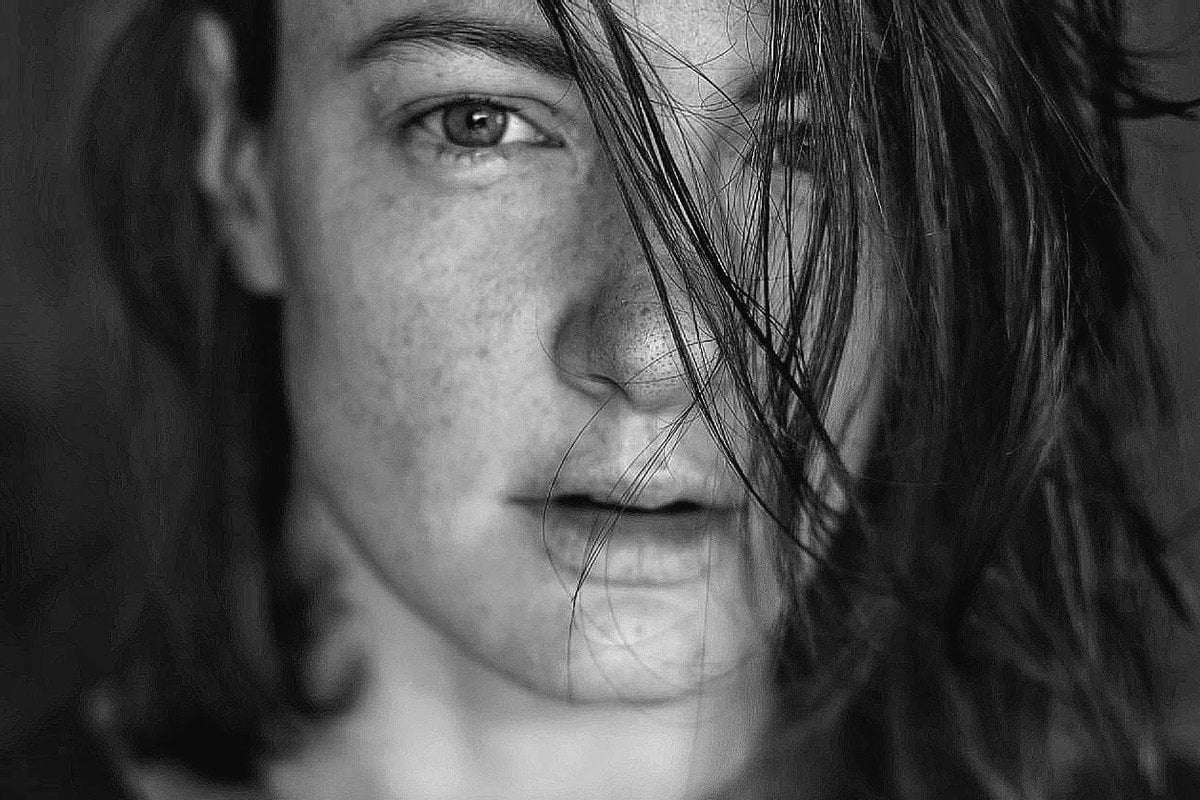
The fluorescent light above my head flickers momentarily, emitting a faint buzz. I shift in my seat, tucking my feet under the chair, hug my arms across my chest and hunch my shoulders around my ears. Collapsing in on myself, shrivelling down my six-foot-one frame so I inhabit as little space as possible.
I glance up and can barely meet the round, blue-eyed gaze of my GP. She emanates an aura of kindness and compassion that’s almost too much to bear. It glides past my protective barriers of self-recrimination and stoicism, piercing my heart. I feel tears well in my eyes. It’s June 2021, just four weeks until the start of the postponed 2020 Olympic Games, yet rather than feeling excited and motivated, I am more frightened and ashamed than I have ever been.
My GP leans forward, interlacing her fingers on the desk, her face alight with genuine concern and curiosity. “Why don’t you tell me why you’re here” she says gently. I blink back the tears, square my shoulders, take a shaky breath and begin.
************
In July of 2020, I was sitting in a different health-care professional’s office when I was diagnosed with depression. The catalyst for seeking help came when I had a meltdown over a microwave. It was 9pm at night, and all I wanted was a cup of hot chocolate. I pushed the “START” button of the microwave to heat up some milk and half a second later, instead of the reassuring hum of the microwave, there was deafening silence. The power had tripped. And just like that, as the switch flipped off – protecting the electrical circuits of the house from potential damage – a different switch flipped in my brain – except this switch flooded my circuits and opened the flood gates.

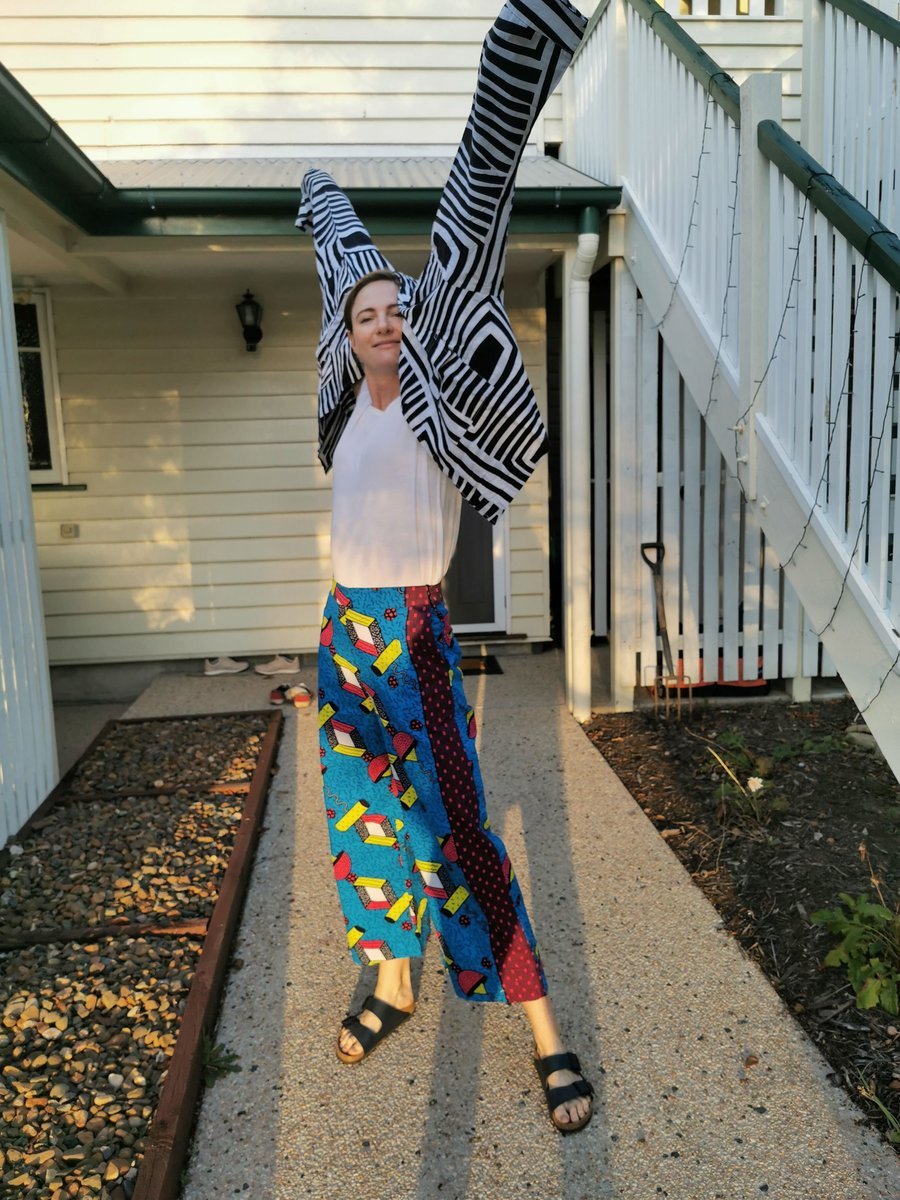
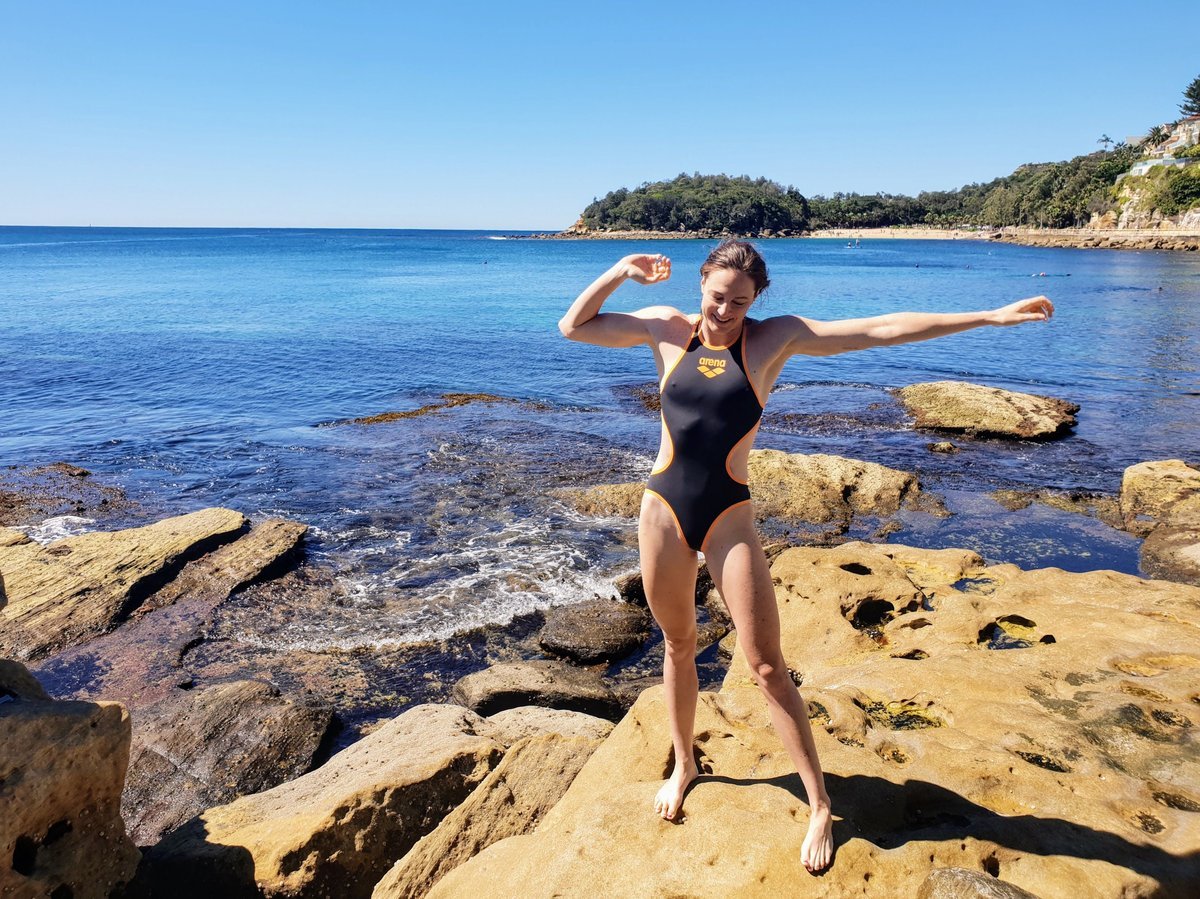
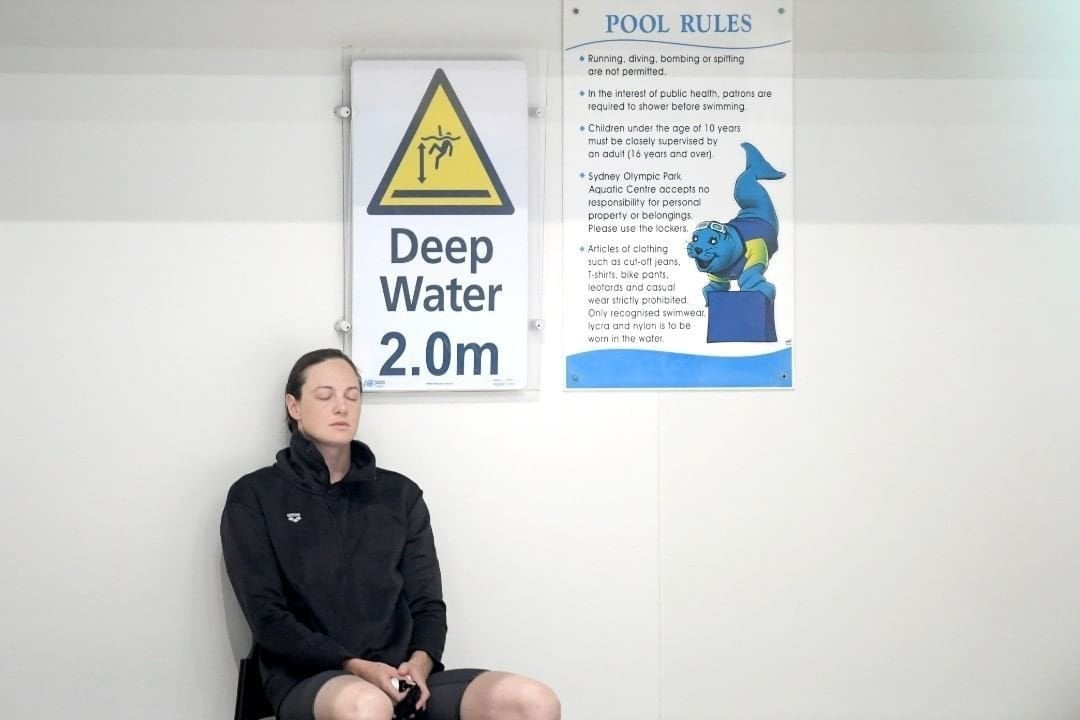
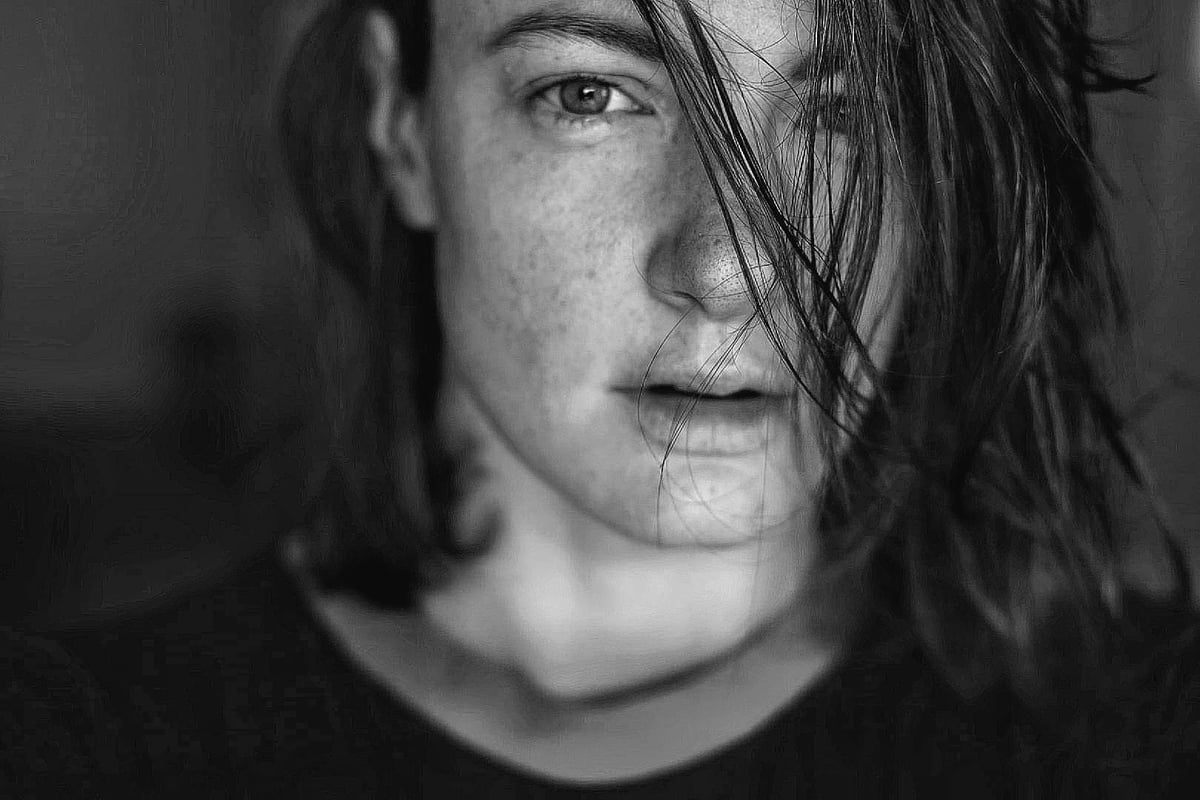
Top Comments